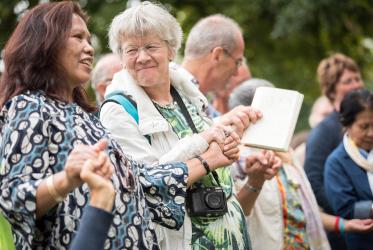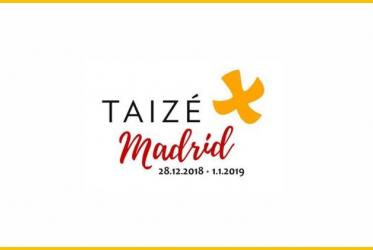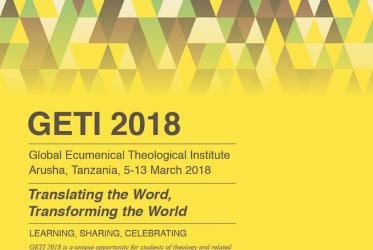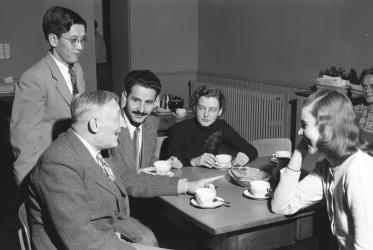Displaying 1 - 20 of 40
Towards a Global Vision of the Church Volume I
Explorations on Global Christianity and Ecclesiology, Faith and Order Paper 234
14 November 2022
WCC mourns passing of Prof. Vuyani Vellem
09 December 2019
WCC sends greetings as Taize youth reflect on hospitality
27 December 2018
WCC welcomes new staff
06 November 2018
Growth in Agreement IV:
International Dialogue Texts and Agreed Statements, 2004–2014, Volumes 1 and 2
01 February 2017
Bossey anniversary commemorates 70 years of heartfelt dialogue
28 September 2016

















